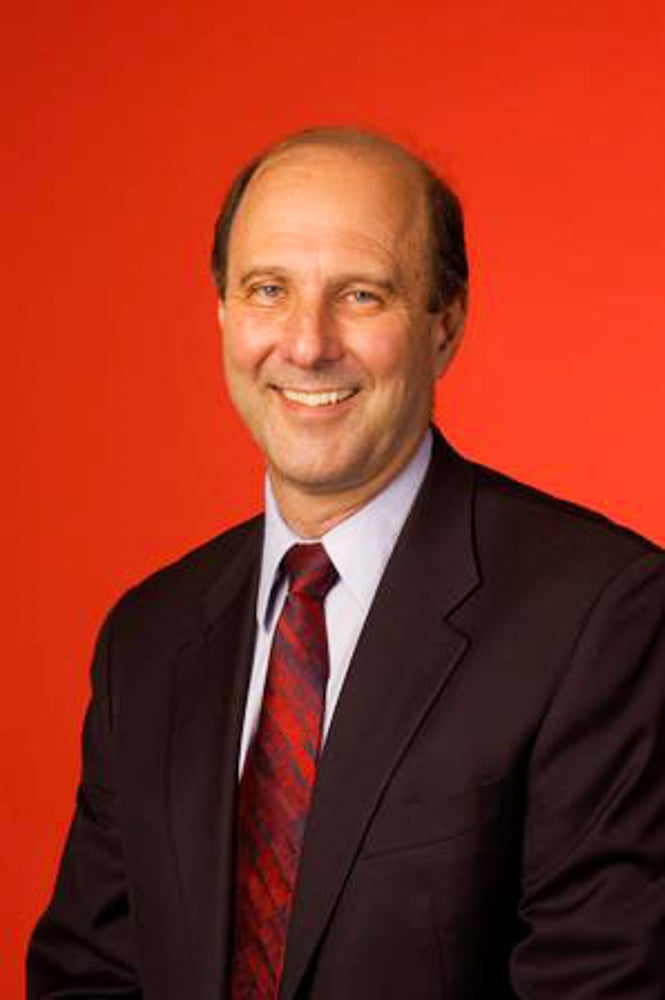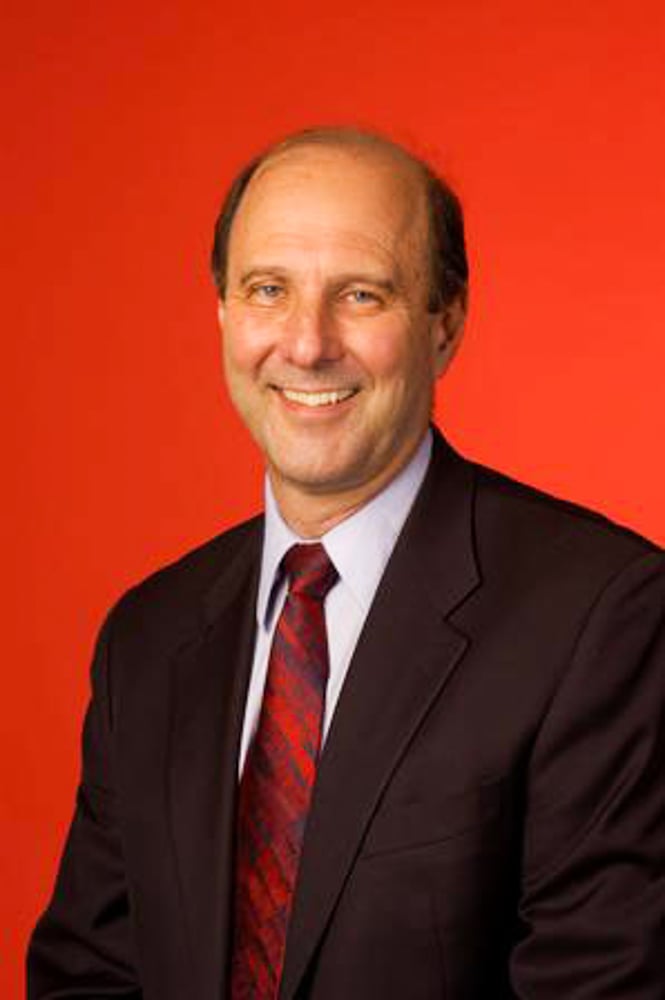
Professor of Medicine David Spiegel was recently named as the 2014 recipient of the Joan and Stanford Alexander Award in recognition of his research on stress and health. The Daily sat down with Spiegel, who will accept the award and give a lecture on his work on April 30 at the Baylor College of Medicine, to discuss his interest in hypnosis, changes he has witnessed in his field over time and the award itself.
The Stanford Daily (TSD): What have been some of the most influential changes you have seen in your field [psychiatry and behavioral sciences] throughout your professional career?
David Spiegel (DS): I think the field has moved from being bottom-up, as far as the body-mind relationship goes, to being more open to the idea of some top-down control … The field has also started to recognize that the way you use your mind can have an effect on your body. We can control pain and anxiety, and we can help people better, even with serious illnesses.
I think we have taken a less mechanistic view of what the mind-body relationship is like and are beginning to open up to the idea that how you live your life, how you manage your anxiety, stress and symptoms can have an effect on not just how you live with the disease but how long you live with the disease.
TSD: What drew your interest to hypnosis as a form of pain management and healing?
DS: My father was a psychiatrist who learned how to use hypnosis in World War II, and he was practicing it when I was a kid. I used to hear him talk about his cases, and I was fascinated by what he did. I then took a hypnosis course in medical school, and I think the turning point was this patient I had. They told me, “Spiegel, your next case is an asthma patient, she’s in room something or other down the hall.” I just followed the sound of the wheezing down the hall, and there was this fifteen-year-old in bed, knuckles white and struggling for breath.
She was in bad shape, and her mother was crying. I asked her if she wanted to learn a breathing exercise, and she nodded. I had just started the hypnosis course and managed to get her hypnotized. Within five minutes, she’s lying back in bed; she’s breathing better; and her mother stopped crying. She had been hospitalized every month for three months and had one subsequent hospitalization and now is studying to be a respiratory therapist.
I thought that anything that can help a patient that much was worth looking into. I started exploring hypnosis to see how it could help people in stressful situations dealing with mind-body problems. I started doing randomized control trials to see if [hypnosis] worked and looked at the neurophysiology to see what was going on in the brain when you use hypnosis. In 1998, I opened the Center for Integrative Medicine at Stanford, and hypnosis is one of the main treatments that we offer.
TSD: Did you find that your research was met with a lot of skepticism? If so, how have you continued to stand your ground?
DS: Yes, I have. There are people who think hypnosis is just a bunch of mumbo-jumbo, and it isn’t. It’s the oldest western conception of psychotherapy. My main way of dealing with it is knowing that to advance medical care you need facts, not opinions. My way of standing up to it is to do the research, publish it in mainstream journals and let people read the work and decide if we have enough evidence to support our claims.
TSD: What can integrative medicine do that traditional cannot?
DS: I’d say one of the big problems in American healthcare is that we’re really good at acute care … You get diagnosed quickly and accurately and treated definitively, and it’s very good. [Where] we’re not so good is with chronic medical problems because we keep applying an acute care model.
The way integrative medicine helps is it provides ways for people to manage symptoms like anxiety, pain, fatigue and depression with techniques like mindfulness, acupuncture and hypnosis that are very useful in that setting. I think where we are really good is dealing with chronic symptoms that we can help people manage better.
TSD: How does it feel to be granted the Joan and Stanford Alexander Award?
DS: It feels very good. It’s always nice to have people recognize that what you’re doing seems to have an impact, and they’ve given it to some very prominent people. It feels nice to have your peers acknowledge that what you do seems to be important and have an impact on how people think about psychiatric conditions. I’m grateful to Stanford that I’ve had the opportunity to build the kind of career that allows me to get that kind of recognition. This is a place where the sky is the limit if you can do it, where you have an opportunity to develop ideas and test them.
TSD: What would you like to see in the future for the use of hypnosis and its integration?
DS: I would like to see people use it as a regular technique to help them focus better, think better and manage stressors better. I use it as a therapeutic tool, but a lot of what I teach patients virtually anybody can learn. I would love to see it used as a teaching and learning technique that most people know how to do. I think there’s a lot we learn from helping people manage pain and anxiety and focus their attention. I’d like to see it not as just some weird historical footnote but as a standard technique.
This interview has been condensed and edited.
Contact Angelique Dakkak at angeldak ‘at’ stanford ‘dot’ edu.
